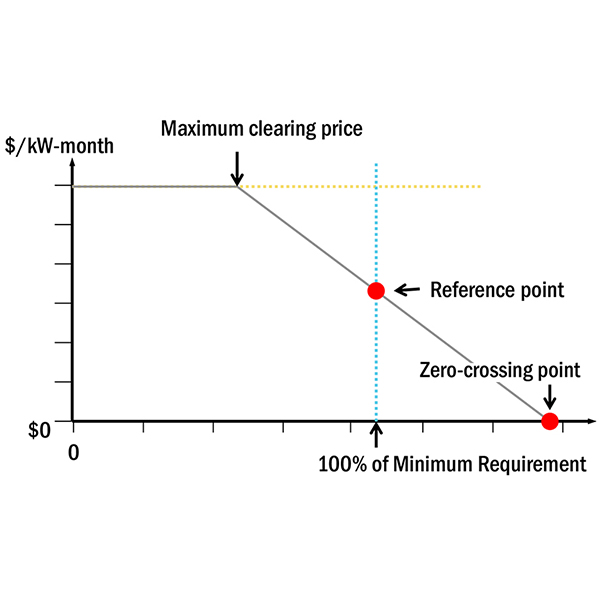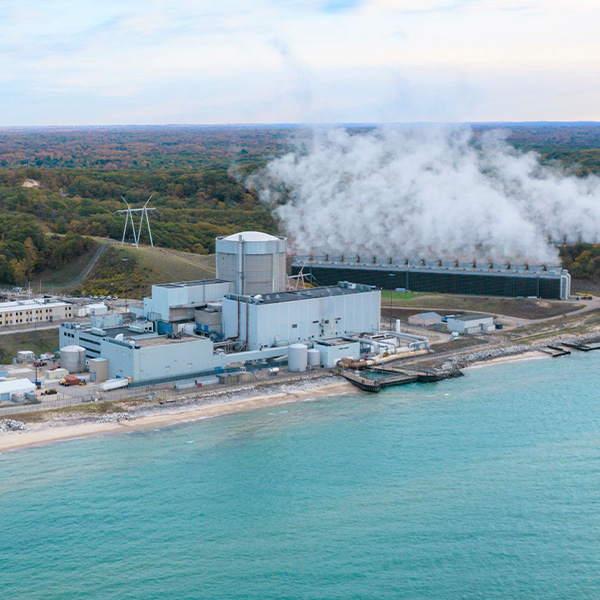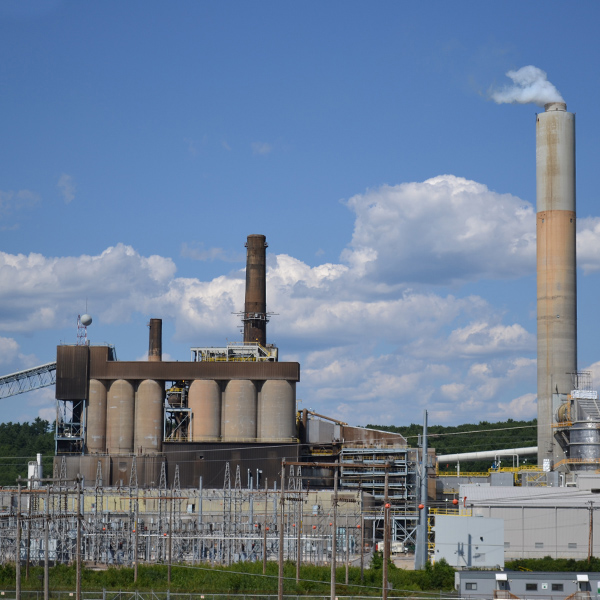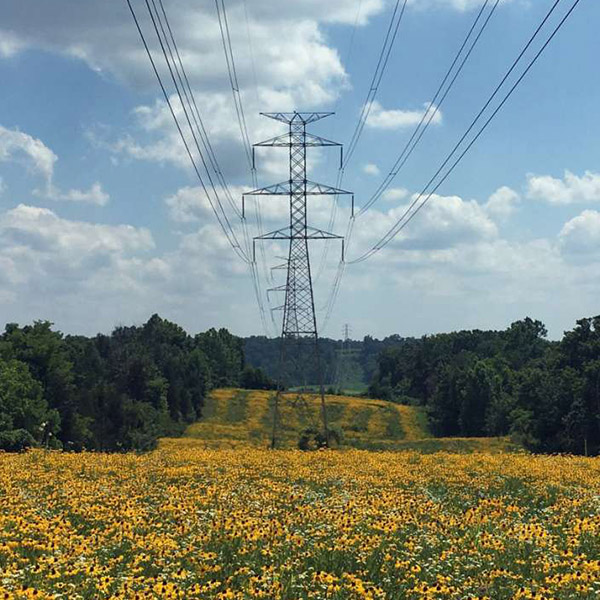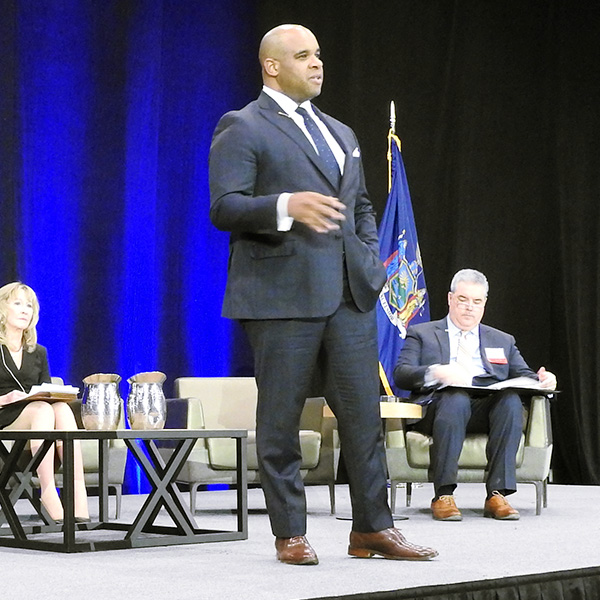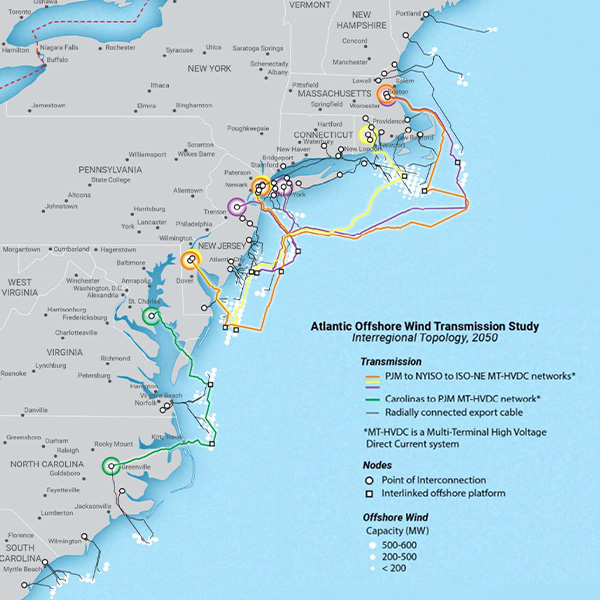Public Policy
Environmental RegulationsReliabilityState & RegionalAlabamaAlaskaArizonaArkansasCaliforniaColoradoConnecticutDelawareDistrict of ColumbiaFloridaGeorgiaHawaiiIdahoIllinoisIndianaIowaKansasKentuckyLouisianaMaineManitobaMarylandMassachusettsMichiganMinnesotaMississippiMissouriMontanaNebraskaNevadaNew HampshireNew JerseyNew MexicoNew YorkNorth CarolinaNorth DakotaOhioOklahomaOregonPennsylvaniaRhode IslandRTO-IndianaSouth CarolinaSouth DakotaTennesseeTexasUtahVermontVirginiaWashingtonWest VirginiaWisconsinWyoming
The NEPOOL Transmission Committee voted to approve a proposal by ISO-NE and the New England States Committee on Electricity to create a new process to facilitate transmission investments that address state-identified, long-term needs associated with the clean energy transition.
Dozens of states have adopted emission-reduction targets aimed at fighting climate change. But how should RTOs account for those initiatives when their effects are delayed, uncertain, expensive for consumers or all of the above?
Michigan’s 800-MW Palisades nuclear power plant could become the first nuclear plant in the U.S. to be restarted, helped by a $1.52 billion loan from DOE’s Loan Programs Office.
While their net-zero emission targets might not kick in until the 2030s, the power industry already is dealing with the issues they create, panelists said at the Electric Power Supply Association’s Competitive Power Summit.
Granite Shore Power has reached an agreement with EPA, the Sierra Club, and the Conservation Law Foundation to retire New England's last coal plant by 2028.
FERC upheld its May 2023 order reinstituting de-pancaking provisions in LG&E/KU’s transmission rates, now the subject of a challenge before the D.C. Circuit.
The transition to a deregulated wholesale power market helped drive New York’s adoption of innovative energy technology and policies, panelists said at the IPPNY's 38th spring conference.
Entergy will pay its Arkansas affiliate $142.3 million in the latest settlement in the ongoing billing disputes over the utility’s Grand Gulf Nuclear Station.
Federal and state policy paradigms are moving from a focus on promoting travel in single passenger vehicles to a broader understanding of different modes of mobility.
Offshore wind is projected to be a key part of East Coast states’ decarbonization and DOE called its two-year study the most thorough analysis to date.
Want more? Advanced Search

